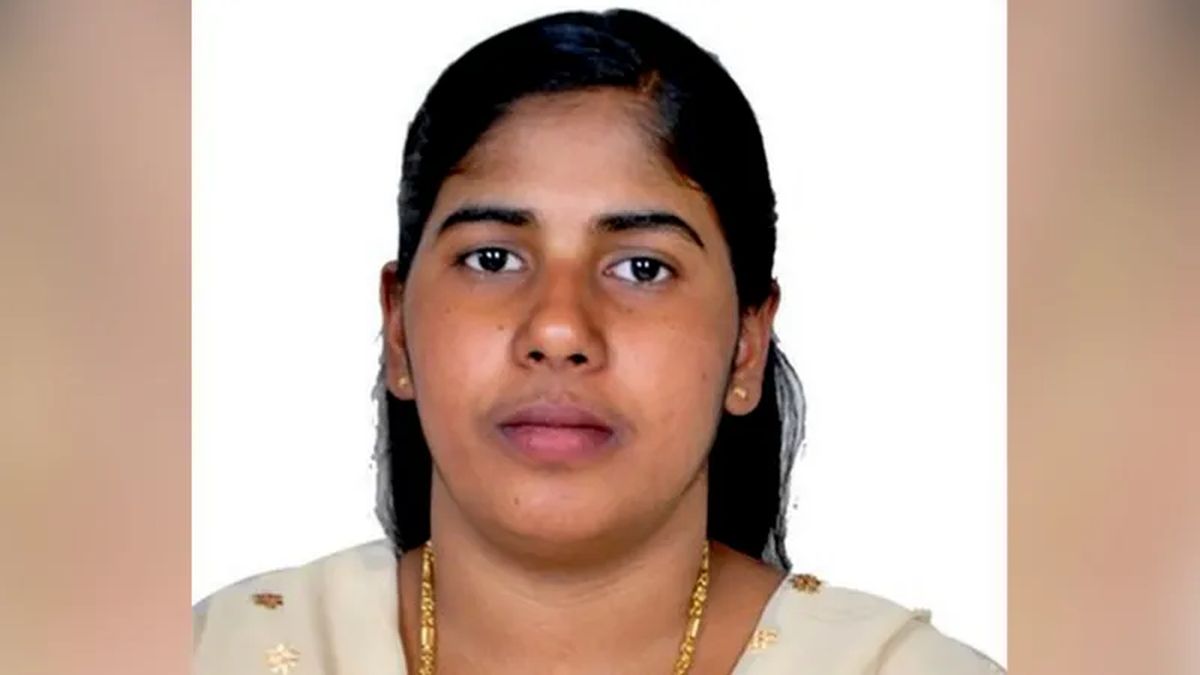The central government told the Supreme Court on Monday that it is doing whatever possible but has limited options to help secure the release or stop the execution of Nimisha Priya, the Kerala nurse facing execution in Yemen on July 16. Whereas, the top court suggested that the government should open ‘informal channels’.
Attorney General R Venkataramani, speaking for the Centre during a last-minute plea for intervention, said India has already done all it can in the case and cannot go further.
“There’s nothing much the government can do. Looking at the sensitivity of Yemen, it’s not diplomatically recognised. Blood money is a private negotiation,” Venkataramani said to the top court as quoted by India Today.
Speaking before a bench led by Justice Sandeep Mehta, the Attorney General of India said, “There’s no way for us to know what’s happening in Yemen.” He added that the government is in contact with Yemeni officials, including the public prosecutor, and is working to delay Nimisha Priya’s execution while talks are ongoing.
Nimisha Priya, from Palakkad district in Kerala, is accused of drugging and murdering her Yemeni business partner, Talal Abdo Mehdi, with the help of another nurse. They allegedly cut up his body and hid the remains in an underground tank. Nimisha has denied the charges, but the courts have rejected her appeals.
Impact Shorts
More ShortsThe case is complicated because the crime took place in a Houthi-controlled area of Yemen, and diplomatic challenges have blocked efforts by government agencies and organisations trying to secure her release.
“There’s only so far the government of India can go. We’ve reached that point. Yemen is not like other places. We didn’t want to make things worse by going public. We’re trying privately, through some Sheikh and influential people there,” the Attorney General told the court.


)

)
)
)
)
)
)
)
)



